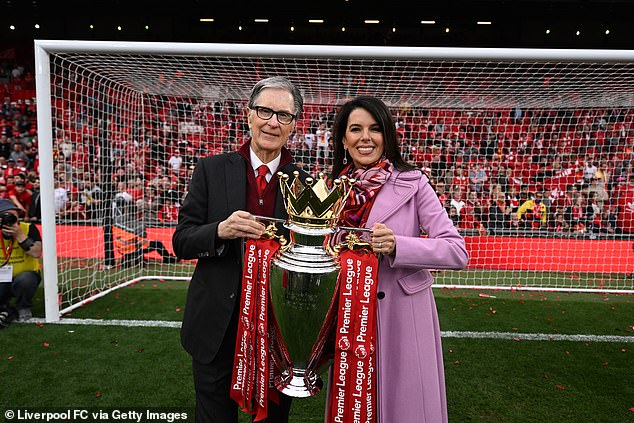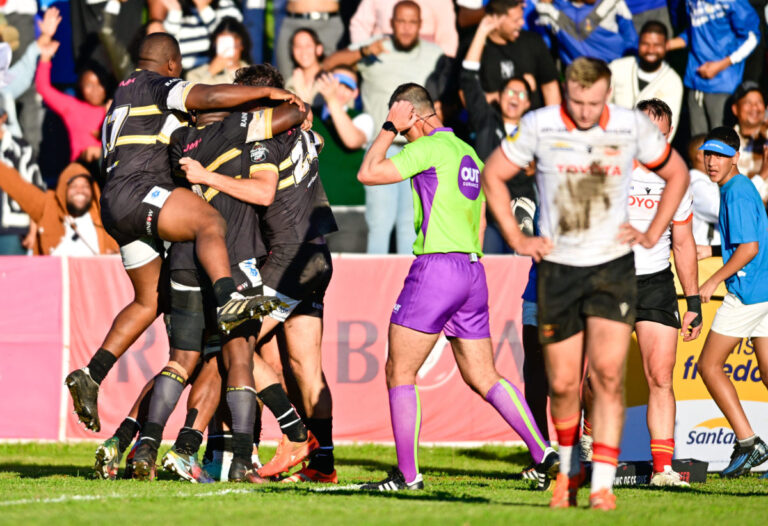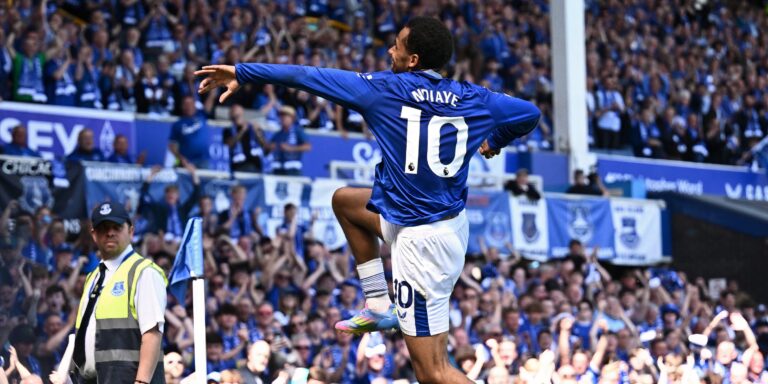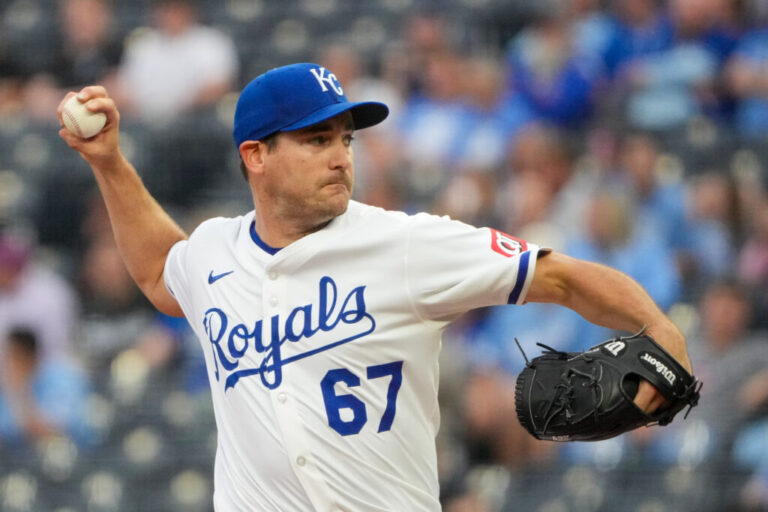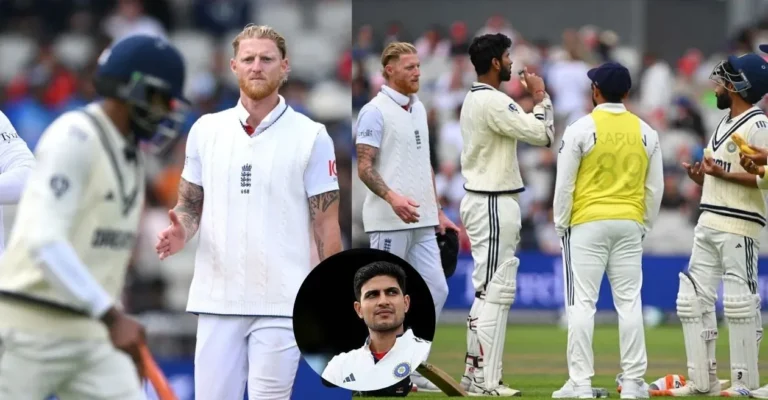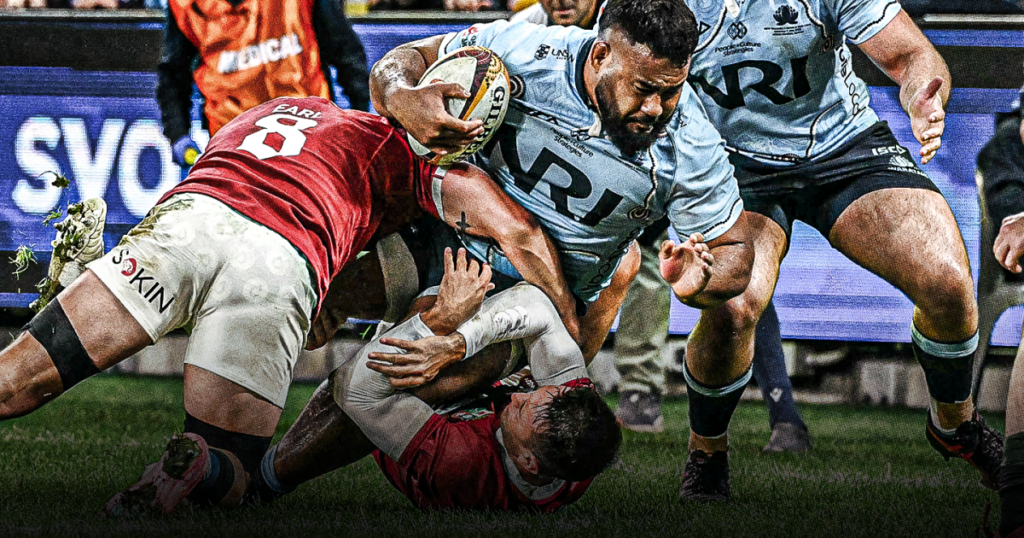
On the cusp of the professional era Australian rugby was in its pomp. One sunny summer afternoon at the birthplace of the Welsh Rugby Union, the Castle Hotel in Neath, I sat down to discuss that time of transition with now sadly departed Kevin Bowring – a rugby man down to his bootlaces.
Kevin was the Wales national coach between 1995 and 1998 and he was an advanced rugby ‘thought leader’ who foresaw trends in the game before they ever materialised. In 1998, he had produced a review the national game which predicted, among other things, the formation of the Celtic League [now the URC] and the four-team regionalisation of the professional game in Wales. Kevin also clearly understood the need to contract the top 25 players to the union and that was in his report too.
‘Verily I say unto you, no prophet is accepted in his own country.’ Kevin’s vision was ignored and he eventually became a highly-successful head of elite coach development between 2002 and 2017, but on the other side of the border. His achievements were honoured by the prestigious Dyson Award for the creation of coach development pathways in England instead of Wales.
Kevin Bowring’s observations were based on his experience on a disastrous tour of Australia undertaken by Wales in 1996. Wales predictably lost the Test series to Greg Smith’s Wallabies 2-0 but the defeat which really hurt, the game that left the indelible scar tissue was a 69-30 rout by the ACT Brumbies at Bruce stadium.
“In Canberra, I saw first-hand what a truly professional environment means and I will never forget it,” Bowring said. “I felt the Wallabies would be better than us man for man, but it was the Brumbies who showed how far adrift we were off the field. We were miles behind and all we could see was their dust trail.
“The players returned to the changing sheds in good spirits after a close first half, we were only one point in arrears. But in the second half the Brumbies just turned on the afterburners and they scored another 45 points.
“I talked to their coach Rod Macqueen afterwards and it was an eye-opener. He was already building a team of assistants around him [including a young Eddie Jones], most of whom would go on to become head coaches in their own right. He treated the Brumbies’ venture as the kind of mid-sized business he was used to running in his professional life.
“As a rugby teacher he was a visionary. He had a grid for what to do in all parts of the pitch, he already played a pod system with players in channels up and down the field and he foresaw the future of multi-phase rugby in an era when most teams booted the ball away if they didn’t score first-up.
“I witnessed the birth of ‘ruck and run’ and in hindsight it was a privilege. At the time it was a mix of the bewildering, the exciting and the excruciating to watch.
“They just kept the ball and exhausted our defence in that second half. Owen Finegan, Stephen Larkham, George Gregan, Joe Roff, Pat Howard, David Knox. All the luminaries who lit up the World Cup four years later.
“Our boys had to drag themselves off the field, they were shattered. They didn’t even have the energy to get in the bath afterwards. They just sat on the benches in a trance, or lay on the floor with eyes closed. Some of them couldn’t even lift their chins off their chests.”
Within four years, a World Cup victory for the Wallabies; within five a Super Rugby title for Macqueen’s Ponies. Everyone was dancing to Australia’s tune, but nobody is dancing now.
The times they have changed, and the 2025 Lions urgently need the type of thorough, searching test the Brumbies always provide. Wednesday cannot come a moment too soon. The tourists have won their first three games by a combined score of 127-29 and they have won the second halves even more decisively, scoring 71 points while conceding only five in 120 minutes of rugby.
If innovation and creativity tend to be more obvious when players become fatigued, then Australia is the opposite of what it used to be. Their Super Rugby franchises have to date scored a meagre five tries and a solitary one of those has come in the second period. All five have had a start-point on the Lions’ side of halfway.
If the Wallabies cannot beat the Lions by out-innovating or out-smarting them, it needs to turn up the power. One of the focal points of the most recent run-out against the Waratahs was the performance of Taniela Tupou on the right side of the New South Wales scrum. This, before Tupou’s much-mooted move to Racing 92 next season was confirmed by the Parisian club on Tuesday. If he can put a fit and motivated Tupou on to the field in the Test series, and plug Will Skelton in behind him, Joe Schmidt will have gone an awfully long way to achieving his power-packed objective.
On Saturday Tupou was opposed by the man who is probably ranked third in the Lions’ current pecking order at loose-head prop, Scotland’s naturalised South African Pierre Schoeman. The sense of expectation was palpable, and there was every hope that the ‘Tongan Thor’ could reverse the tide of apathy which engulfed his Super Rugby season. Before the game, head coach Dan McKellar had given his giant tight-head three key performance indicators to hit:
“I want [Taniela] to be really good around scrum, lineout, maul and then impose himself on the game as we know he can do with ball in hand and without it.
“[It is] a great chance for him to really stamp his case for selection for the Test series. Dominant set-piece is a big part of what we do. Ideally, we can get dominance at scrum time, because off the back of that you get field position, you are in the penalty count, and you game just flows from there.”
The reality at a sodden Allianz Stadium in Sydney was a damp squib. Tupou was penalised at the scrum on four occasions during the 55 minutes he was on the field. Outside the set-piece he contributed four carries and made three tackles, and the repeat involvements his coach had demanded were nowhere in evidence.
Moreover, the ‘Scrum straight Joe’ media campaign directed against Englishman Joe Marler at the 2015 World Cup could yet come whistling back like boomerang, returning at just the wrong moment to haunt Australia. One of the cheerleaders, World Cup-winning coach Bob Dwyer, had amped up the pressure on French referee Romain Poite before the crucial pool game between England and Australia: “It must be by design. [Marler] doesn’t scrummage square. [He] angles in. Invariably that is at 45 degrees, but sometimes that ends up being at 90 degrees. Then when I see the opposition being penalised, I find that extremely hard to understand.”
Now the boot is on the other foot, and it is the Wallabies who are in a bind about the legality of Tupou’s scrummaging. As one local scribe noted, “Taniela Tupou is on the watch list from World Rugby officials” for the inward angle he takes on set-up at the scrum, and it was obvious from the very first set-piece in Sydney, in the fourth minute of the game.

With the overhead view available at an ever-increasing number of big rugby stadia, opponents can now present clear evidence to referees in the weekly build-up, and in this case the Lions would have highlighted Tupou’s angled set-up to Kiwi official Paul Williams. Compare Tupou’s starting position to that of Finlay Bealham on the other side. Bealham is straight, but Tupou is already has his backside stuck out at angle towards the flanker on his side. Although Williams gave him the benefit of the doubt at this scrum, he was penalized for collapsing at the reset.
The mandate for modern professional referees is a square and stable set-piece, and the angled set-up tends to dissolve that possibility by forcing the scrum to go either up or down.
Tupou wants the break the seam between Schoeman and his hooker Luke Cowan-Dickie, but when the Sale man resolutely stands his ground, it leaves the Tongan Thor with nowhere to go but up and out of the top of the set-piece. Having played prop at age group level, Cowan-Dickie has become one of the strongest scrummaging hookers in the senior game. His power in the centre of the scrum meant the Lions knew they had the measure of their man.
Two more penalties followed before Tupou got the hook.
The one bright ray of sunshine from the big man was a beautifully subtle double delay on the pass which led to the first New South Wales try by Darby Lancaster.
The number of props who are capable of that piece of intuitive skill can be probably be counted on the fingers of one hand, but it will not outweigh the lack of work rate and repeat involvements, or the rising tide of refereeing scrum perceptions against him.
McKellar did his level best to justify it all after the event, but his comments could not disturb the overall impression that the opportunity to play against the Lions had just come and gone for Tupou.
“[Compared to] when I coached against him in the past, when he was at Queensland, when he was incredibly dominant back in 2021-22, 1751989062 he’s watched closer – so if he’s even in on a slight angle, the referee will ping him for it,” McKellar said.
“I think ‘Nella’, he wants to scrum square. Sometimes the scrum just goes to ground and it’s a 50-50. But clearly, there will be some things to review out of that, [and] for him to improve if he’s to contribute in the Test series ahead.”
Tupou’s combination with Skelton on the right side of the Australian scrum could have been one of Australia’s biggest points of difference in the Lions series, but the shadow cast by Skelton’s injury and Tupou’s dramatic loss of form probably means it will never happen.
With Zane Nongorr the only other recognised tighthead in the Wallaby squad, it places a huge burden on Allan Alaalatoa to play big minutes throughout the series. If he goes down, the cupboard is bare.
If the Wallabies cannot find the power, they will need the smarts to overcome the 2025 tourists, but times have changed since Bowring’s rueful acknowledgement that the home unions were ‘miles behind’ Australia in 1996. Australia no longer score tries for fun, and are not at the cutting edge of coaching innovation. It is no longer the smartest nation on planet rugby. It is up to the nemesis of Bowring’s Wales, the ever-reliable Brumbies, to get Australian rugby up on the dance floor again.
